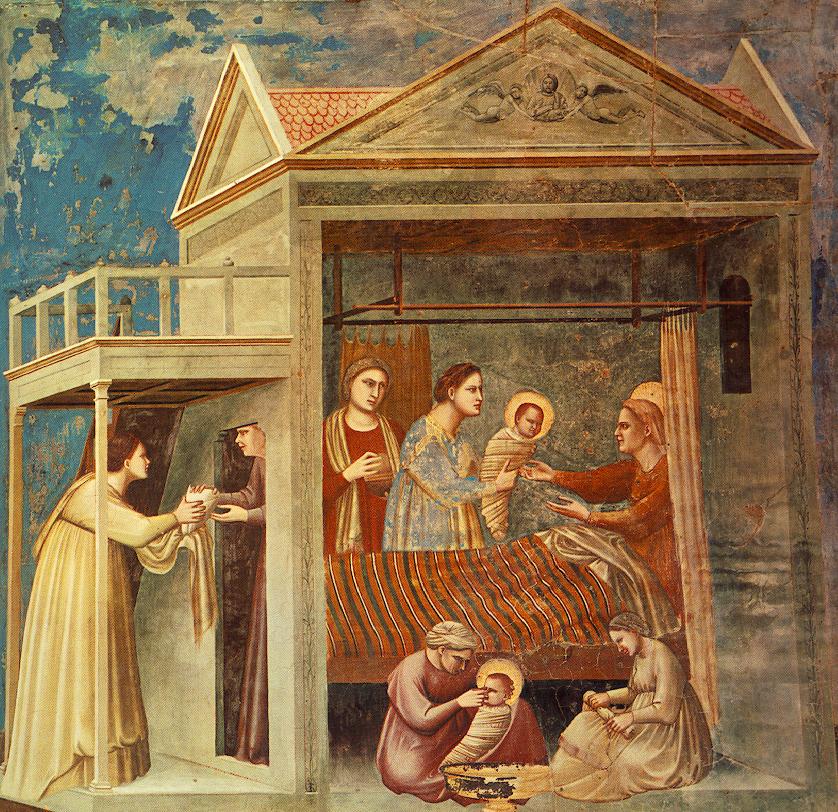Today the Church celebrates the birth of Mary, the mother of God. September 8 is nine months after December 8, on which we celebrate the Immaculate Conception of the child of Saints Joachim and Anne.
Although Mary’s early life, including her birth, is not detailed in the Bible, many traditions and documents describing her birth are cited by some of the earliest Christian writers in the first centuries of the Church. These accounts are not considered authoritative in the same way as the Bible, but they outline the Church’s traditional beliefs about her birth.
The “Protoevangelium of James,” likely put into its final written form in the early second century, describes Joachim as a wealthy member of one of the Twelve Tribes of Israel. He and his wife, Anne, desperately wanted a child but were unable to conceive, which pained them greatly. The text says that “he called to mind Abraham, that in the last day God gave him a son Isaac.”
Joachim and Anne devoted themselves to prayer and fasting in efforts to please God, wondering if they had sinned in some way to be unable to have children. However, they were blessed beyond measure with the birth of Mary.
An angel revealed to Anne that all generations would honor her future child. “The Lord has heard your prayer, and you shall conceive, and shall bring forth, and your seed shall be spoken of in all the world.”
The Protoevangelium says that after Mary’s birth, Anne made a sanctuary in her room, and “allowed nothing common or unclean,” due to her daughter’s special holiness. When Mary was a year old, her father “made a great feast, and invited the priests, and the scribes, and the elders, and all the people of Israel.”
Mary’s parents brought her to the priests, and “they blessed her” as did the chief priests.
St. Augustine described the birth of Mary as an event of cosmic and historic significance, an appropriate prelude to the birth of Christ: “She is the flower of the field from whom bloomed the precious lily of the valley.” He wrote that “through her birth, the nature inherited from our first parents is changed.”

